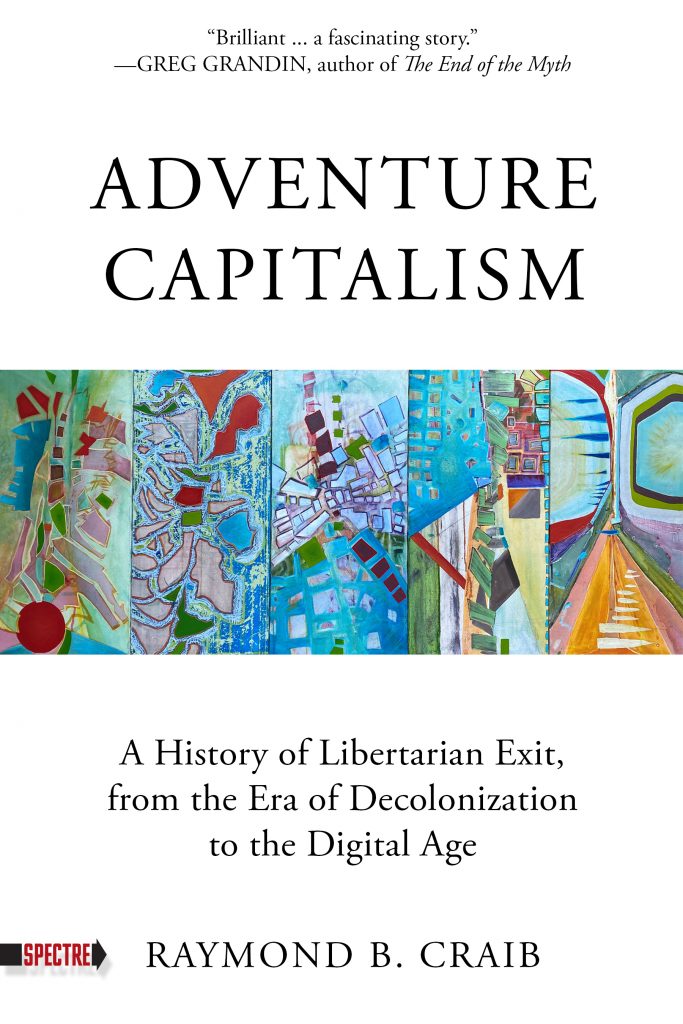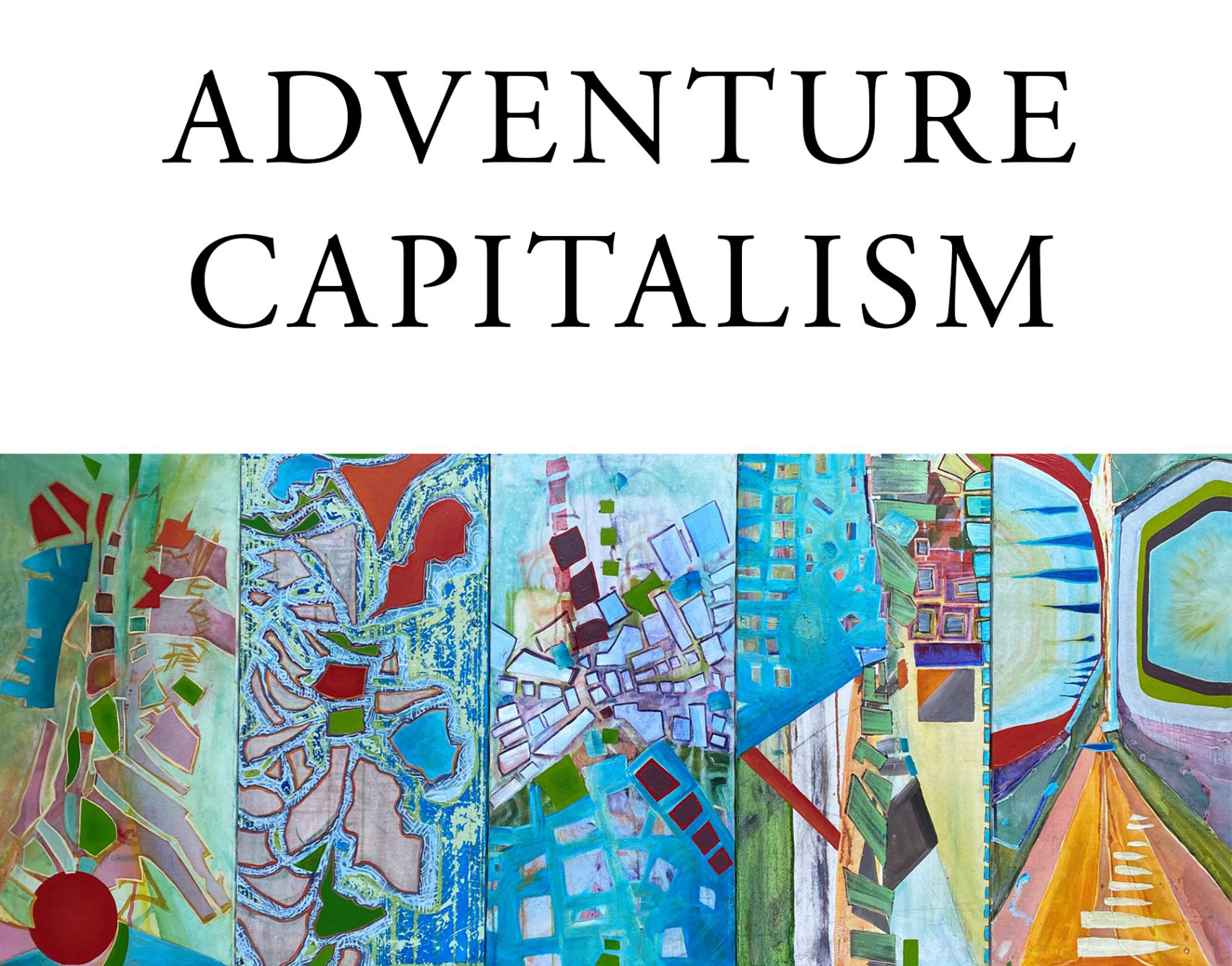By Raymond Craib
Jacobin
April 22nd, 2022
Crypto millionaires are attempting to buy an island in the Southwest Pacific. It’s the latest in a long line of schemes by libertarians asserting the rights of private capital above all else.
topian thinking is everywhere out of favor, except in the libertarian fantasies of crypto enthusiasts who dream of a world free from the regulatory state, law, and all other forms of external authority. Hucksterism and hostility to collective life are this movement’s defining features. The worldview underlying it is embodied nowhere more literally than in the schemes to exit from the territorial jurisdiction of the nation-state prevalent throughout the history of libertarianism. Crypto luminaries have even sought to buy and govern islands, using oceans to separate themselves from taxes and democracy.
Satoshi Island — named after the alleged creator of Bitcoin, Satoshi Nakamoto, and located in the southwest Pacific archipelago of Vanuatu — is the most recent creation of crypto’s venture capitalists. “A real-life private island dedicated to the crypto community,” reads the promotional material. Measuring some eight hundred acres (just over one square mile), Satoshi Island is at this point almost entirely rainforest. Its main attraction: a rare species of giant coconut crabs. Other than flora and fauna, Satoshi boasts a small coastal clearing and a large house on its western edge facing the archipelago’s largest island, Santo. If plans go ahead, the tropical paradise will not remain pristine for long. Would-be crypto colonizers hope to transform the island into a “sustainable smart city.”
Much of the island’s promotional material, with its claims of private ownership and Satoshi citizenship, is misleading. Citizenship, for example, suggests Satoshi Island will be its own state and can confer political rights to its inhabitants. That is not the case. Rather, citizenship in this instance is a catchy way of acknowledging that you own one of the 21,000 Satoshi Island NFTs (non-fungible tokens) and thus can access the island community. But you would still need to hold a valid passport from another country in order to first enter Vanuatu, and no form of Vanuatu citizenship is attached to the island NFT.While the archipelago’s native inhabitants fought for independence, the libertarians advocated a very different form of self-determination . . . a new country governed entirely through contractual, market relations.
One could, in this broad sense, count oneself a citizen of Satoshi Island in the same way that one could, in a sense, count oneself a citizen of Disneyland. Even the use of the phrase “private island” is a misnomer. Since independence in 1980, all land in Vanuatu is held by custom owners — native Ni-Vanuatu (native inhabitants of the islands) — who can lease but not sell land. It is not a “private island” because foreign investors will not be able to enjoy freehold ownership. Even the island’s name is more complicated than the promoters would like to let on.
The brains behind the project, Anthony Welch, a retired property investor who now lives in Vanuatu, renamed the island, in grand imperial fashion, two years ago. Vanuatu’s government has pointed out that such an act has no force of law or real significance. According to the country’s director general of the Ministry of Lands and Natural Resources, in order to formally change the name — which is actually Le-Tharo — the government’s Place Name Committee would need to approve such request. This hasn’t happened. Satoshi Island is, for all intents and purposes, a fantasy island.
Hijacking Independence
All of this could be filed away under the growing folder of goofy grifts that characterize efforts to create private countries, all too often involving cryptocurrency advocates. The archetype for these libertarian adventures is Burning Man; more often they are closer to the infamous Fyre Festival. There is, however, more at stake in these schemes then the money of naive investors. The language of citizenship and private property may be disingenuous, but it points toward how libertarian schemes dream of asserting the rights of private capital over those of sovereign states and their populations.
Although the distinctly modern form that these encroachments have taken may seem new, they have a long history, even in Vanuatu itself. In the 1970s, a group of US-based libertarians looked to Vanuatu — known as the New Hebrides and jointly colonized by the British and the French at the time — as a site to create a new country.
While the archipelago’s native inhabitants fought for independence, the libertarians advocated a very different form of self-determination: the creation of a new country governed entirely through contractual, market relations. Inspired by the fictions of Ayn Rand and the myth of Robinson Crusoe, men such as Nevada coin dealer and land developer Michael Oliver, University of Southern California philosophy professor John Hospers, Rand’s former acolyte and paramour Nathaniel Branden, and international finance guru Harry Schultz founded the Phoenix Foundation with the hopes of forging their own private archipelago.
Fantasies of libertarian exit from society were not uncommon at the time. The 1960s in the United States was as much the heyday of market libertarianism as it was of New Left anti-capitalism. Fears of demographic, ecological, and monetary collapse, combined with anxieties over the activities of social movements seeking racial, gender, and economic justice and redress, hastened efforts to find ways to abandon the sinking ship of state and to start anew elsewhere. But where?Given the uncertainties that would accompany processes of decolonization, libertarian exiters saw an opportunity to pursue individual self-determination in the very places struggling against colonial rule.
In seeking new places for a new country, exiters found their efforts frustrated by the territorial realities of state sovereignty. They soon turned to new far-away locales in which to realize their utopian dreams. Islands have long served as the basis for libertarian political ecology — the ideal space upon which the drama of individualism, of man alone, could be staged — but more important, perhaps, is that Oceania and the Caribbean were places of incipient decolonization.
Michael Oliver, one of the foremost exit advocates of the period and author of both A New Constitution for a New Country (1968) and the Capitalist Country Newsletter (1968–1970), made this clear:
A surprising number of nearly uninhabited, yet quite suitable places for establishing a new country still exist. . . . Many such places are scarcely developed colonies whose governmental or other activities are of little or no concern at all to their “mother” countries. There will be little problem in purchasing the land, or in having the opportunity to conduct affairs on a free enterprise basis from the very beginning.
Oliver was observant. This was, after all, the high point of decolonization. United Nations Resolution 1514 on the Granting of Independence to Colonial Countries and Peoples enshrined national self-determination as a fundamental right of colonized peoples. Given the uncertainties that would accompany processes of decolonization, libertarian exiters saw an opportunity to pursue individual self-determination in the very places struggling against colonial rule. The ugly and ironic perversion of Resolution 1514 should not be overlooked: in the era of self-determination, selfish-determination arrived in the Southwest Pacific.
Oliver had garnered some hard-earned experience at countrymaking. With support from wheat and housing magnate Willard Garvey, horologist and yachtsman Seth Atwood, and famed investor John Templeton, Oliver had first tried to build an island on an atoll south of Tonga. Tongan assertions of territorial water rights ended the project abruptly in 1972. They then sought to colonize, rather than build, an island by plotting to invade Abaco in the Bahamas. Although allied with an English lord, an American arms merchant, and three ex-CIA agents, Oliver’s efforts failed when Abaconian supporters withdrew and the FBI intervened. The Phoenix Foundation thus turned to the New Hebridean island of Santo, a place where Oliver had previously made contact with a chief named Jimmy Stevens.







